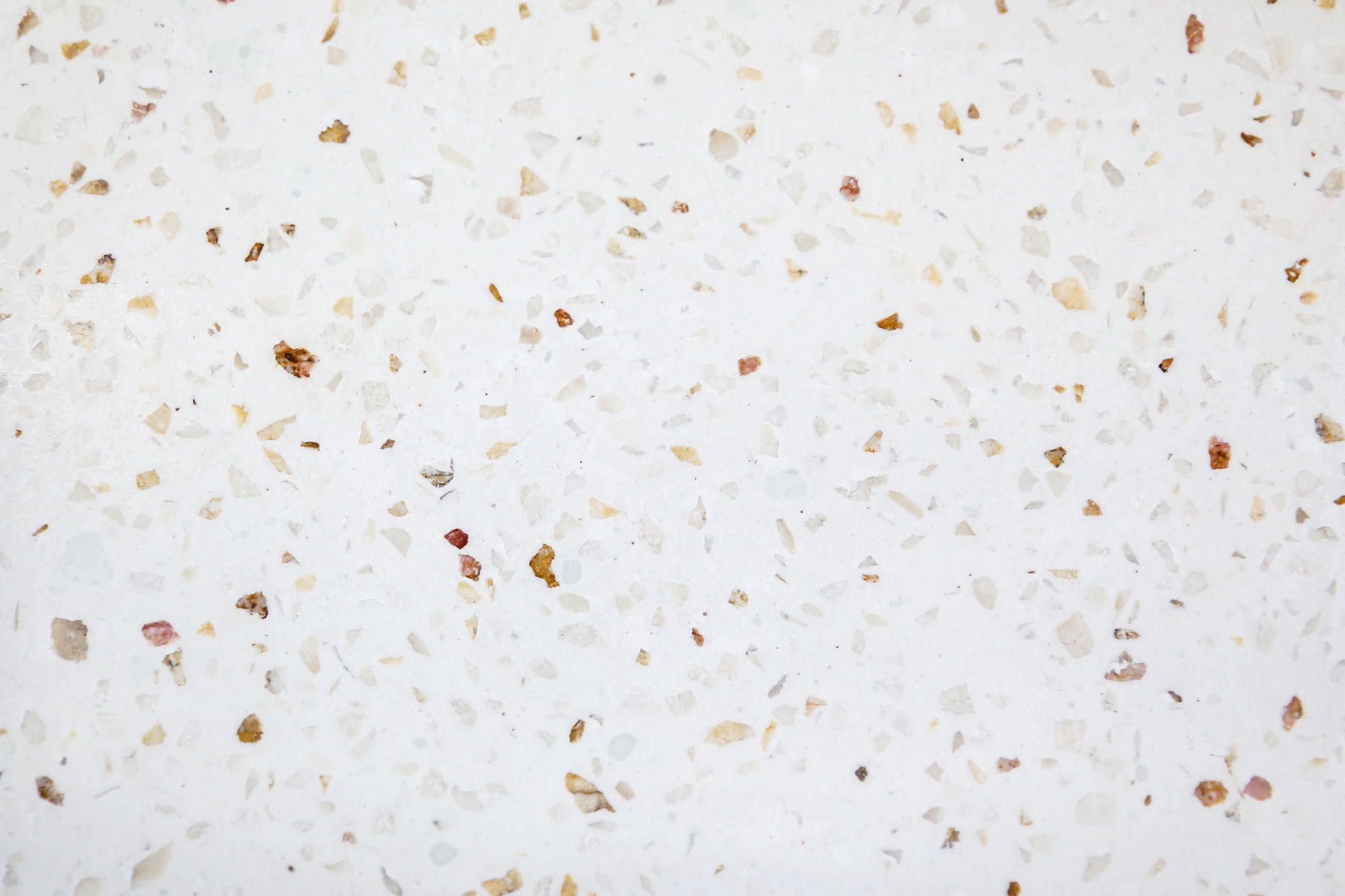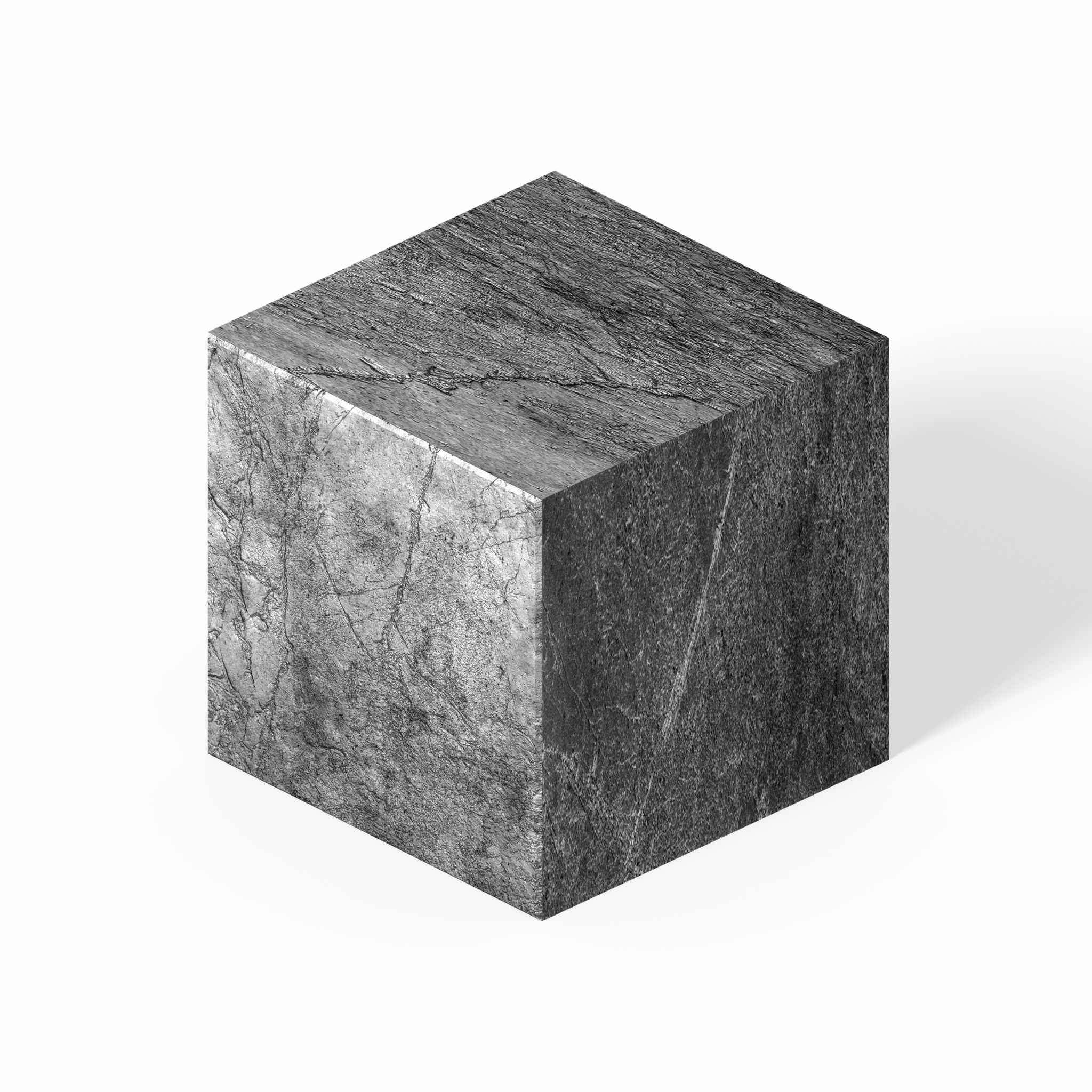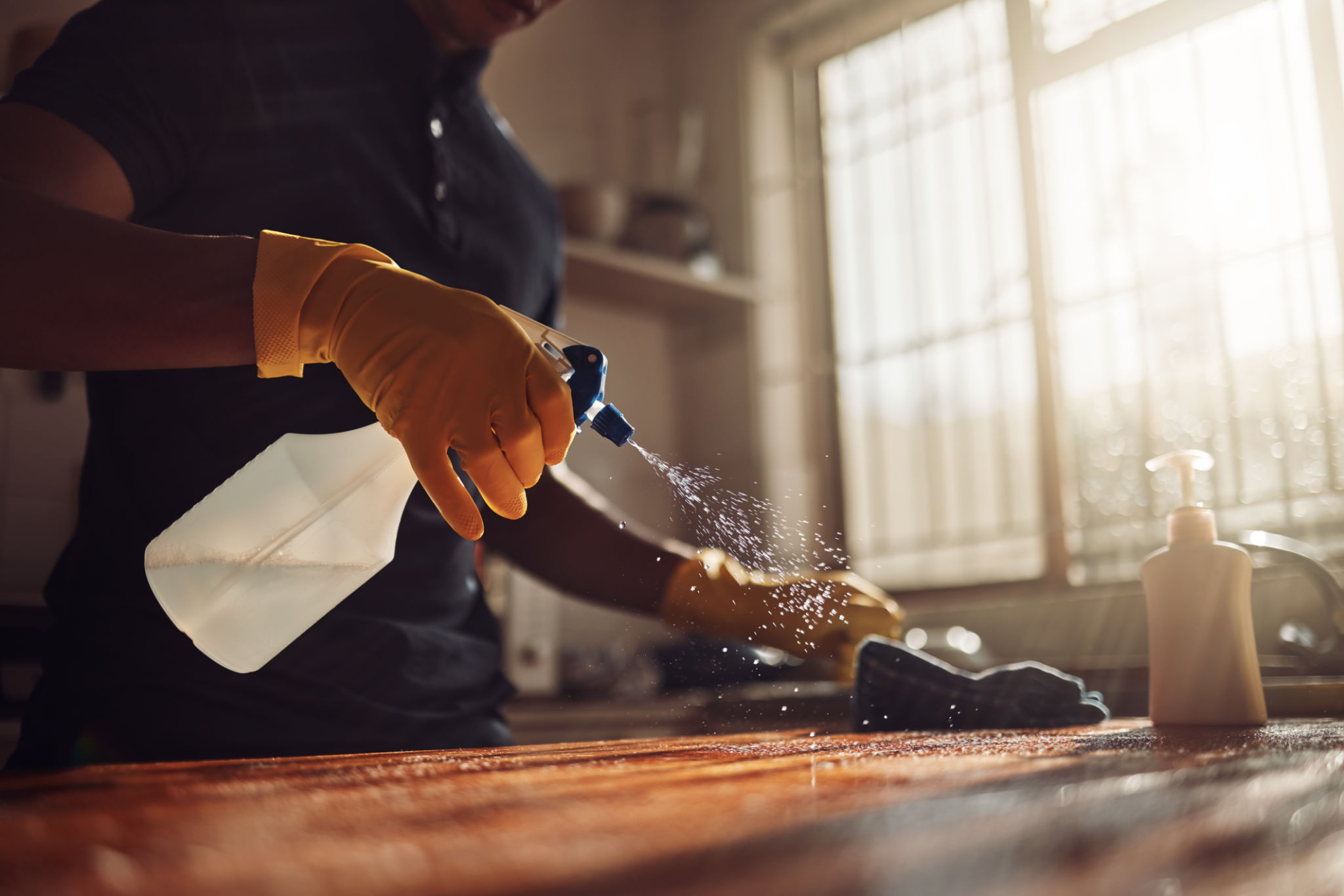Avoiding Common Mistakes When Buying Stone Countertops
Understanding Your Needs
Choosing the right stone countertop for your kitchen or bathroom is a significant investment, so it's essential to understand your specific needs before making a decision. Consider factors such as durability, maintenance, and aesthetics. For instance, if you prioritize low maintenance, granite and quartz might be your best options due to their resilience and ease of care.
Take the time to assess your lifestyle and how you use your space. If you frequently cook or entertain, you might need a countertop that can withstand heat and resist stains. Moreover, ensure that the stone complements the overall design of your home.

Researching Material Options
Once you've identified your needs, it's time to explore the variety of materials available. Each type of stone has its unique properties and benefits. Granite, marble, quartz, and soapstone are popular choices, each offering different levels of durability and visual appeal.
Granite is well-known for its natural beauty and strength, while marble offers a timeless elegance but requires more care. Quartz is engineered for durability and comes in a wide range of colors. Soapstone offers a rustic charm but can be prone to scratches. Understanding these differences can help you make an informed decision that aligns with your preferences and budget.

Evaluating Quality and Craftsmanship
The quality of the stone and the craftsmanship of the installation are crucial factors in ensuring the longevity of your countertops. When selecting stone slabs, look for consistency in color and pattern. Check for any cracks or imperfections that might affect the stone's durability.
It's also important to choose a reputable supplier and installer. A skilled professional can provide valuable advice and ensure the installation is done correctly, preventing future problems like uneven surfaces or improper sealing.

Budget Considerations
Budget is a critical aspect of purchasing stone countertops. Prices can vary widely depending on the material, thickness, edge design, and additional features like backsplashes. Set a realistic budget that includes all aspects of the purchase and installation process.
Don't forget to factor in long-term costs as well, such as maintenance and repairs. While it might be tempting to opt for the cheapest option, investing in quality materials and workmanship can save you money in the long run by reducing the need for replacements or repairs.
Avoiding Common Installation Mistakes
Even after selecting the perfect stone, improper installation can lead to issues down the road. Ensure that measurements are accurate before cutting the stone, as mistakes here can be costly to fix. Double-check that all appliances and fixtures are accounted for in the design.
Avoid mismatched seams and uneven surfaces by working with experienced installers who take pride in their work. Proper sealing is essential to prevent stains and maintain the countertop's appearance over time.

Maintaining Your Stone Countertops
Once installed, proper maintenance will help preserve the beauty of your stone countertops. Regular cleaning with appropriate products is essential. Avoid acidic or abrasive cleaners that can damage the surface. Use cutting boards and trivets to protect against scratches and heat damage.
Sealing is another vital maintenance step for natural stones like granite and marble. Depending on the stone's porosity, sealing may need to be done once a year or more frequently. Follow the manufacturer's recommendations for best results.

Conclusion
Avoiding common mistakes when buying stone countertops involves thorough research, careful planning, and working with professionals. By understanding your needs, evaluating materials, considering budget implications, ensuring quality craftsmanship, and maintaining your investment properly, you can enjoy stunning and durable countertops for years to come.
